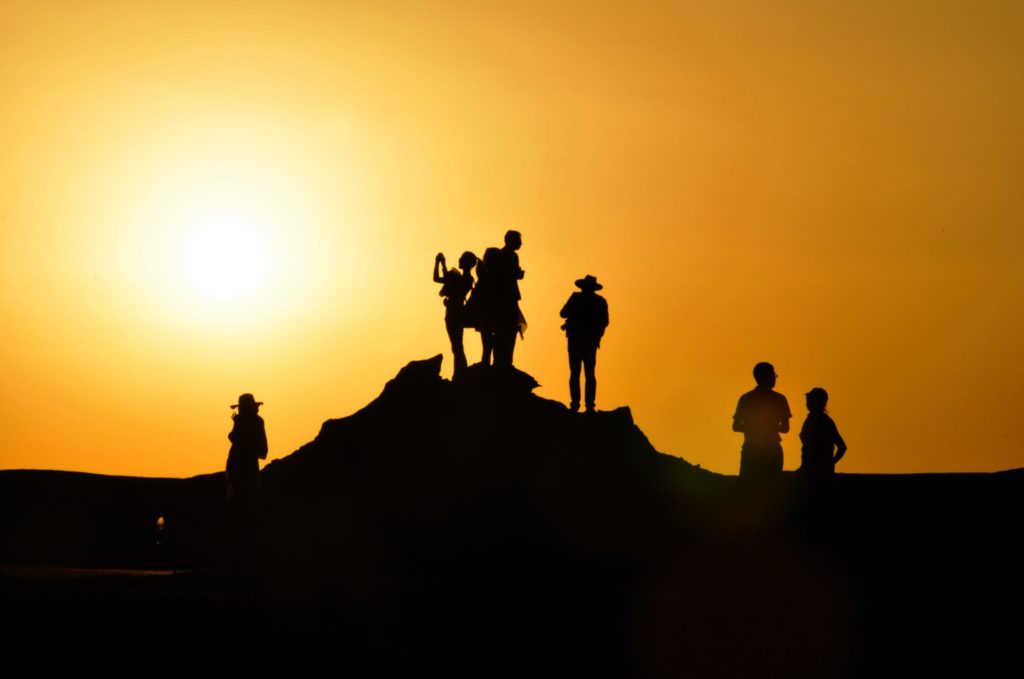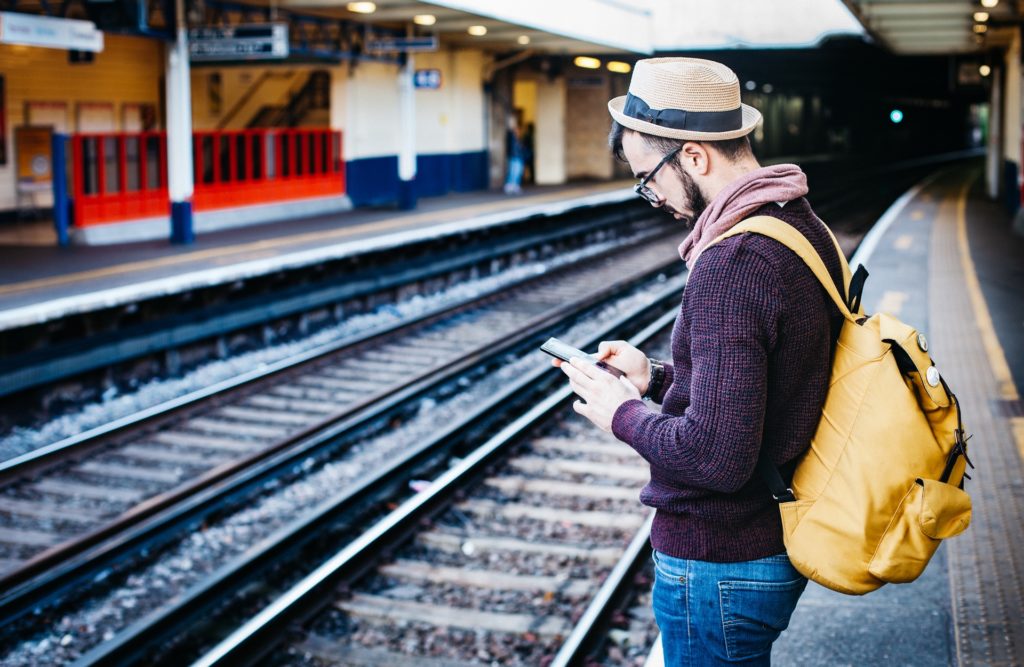I’m in Italy. I have a toothache and I need a painkiller. I go to the pharmacy and try to speak English but after hearing the word “painkiller” the pharmacist’s face turns white. She is terrified. It seems the only thing she understood was “kill”…
While you travel, you often can’t communicate in any language you know, even if you know a few. How to make your life easier? Learn these easy tricks and your communication with locals during your trips will get much easier 🙂
How to communicate with locals when you travel?
1. Learn basic words in local language
If you talk to a man in a language he understands, that goes to his head. If you talk to him in his language, that goes to his heart.
Just think about it. Unless you are a native English speaker, don’t you feel thrilled when a foreigner will say “hello” or “thank you” in your mother tongue? I am delighted whenever I hear it. That’s why I learn these words too whenever I travel. Instead of speaking English immediately, I start with a “buongiorno”, “bom dia” or a “hola!”
My interlocutor smiles. And immediately he is more willing to understand what I want to say and he will do his best to help. It can be hard to learn a new language while traveling and speak it fluently – but I am sure you can manage the basics 🙂
As a starting point you can check how to say thank you in 65 languages. There are benefits to learning foreign languages other than English that you probably never thought of!
2. Don’t be ashamed to speak a foreign language or a mixture of gestures and languages
Do you feel paralyzed only thinking about saying a word in foreign language? Remember, it’s not a grammar test. Nobody will notice your mistakes or laugh at them. Seriously.
Don’t be afraid to make mistakes. That’s how you learn. And if you refuse to communicate – on the contrary.
Also if you try to talk to someone in their mother tongue, which is not English, you are a hero immediately. Despite your level, everyone will be delighted that someone wants to learn their language.
Believe me. Russians and French often ask me “why my language?”. They can’t understand why would anyone spend time and learn this stuff. And they keep telling me “you speak great French/Russian” even if I only said one word or a sentence full of mistakes… 🙂
Also you often don’t have any language in common with your interlocutor. Then it’s time to use words in all possible languages you can think of and use a lot of gestures. Drawing is helpful, especially if you ask for directions. It’s worth carrying a pen and a little notepad – or at least some tissues 🙂
Drawing was very useful for me in Russia once. Even though I speak Russian, the lady tried to be too specific in giving directions. “You’ll go like the stairs. What stairs, where are the stairs? There’s no stairs, you’ll go LIKE STAIRS!”. Drawings helped me understand that she wanted me to turn right then left then right then left… the shape of stairs… 🙂
3. Prepare before
Like in the example I mentioned at the beginning. Recently in Italy by Como lake Adam had bad toothache. Bad timing, we didn’t want to go to Italian dentist because this would exceed our budget quite significantly. We had to buy painkillers.
I assumed that nobody will understand any English in the pharmacy (and I was right!). Before going there I checked how to say the same word in Italian. And due to that Adam didn’t have to show his pain with gestures… 🙂
If you have something specific to buy or ask, prepare before. Don’t try to use full sentences (we all know what’s the quality of translator’s phrases sometimes). It’s enough to know a few keywords.
Hitchhikers often prepare little papers with a translation of: “Hi, my name is X, I come from Y and I hitchhike to Z. I will be very grateful if you could give me a ride”. No communication problem 🙂
You can also prepare by listening to different accents. Even though I speak English fluently, before going to Dublin I listened to some Irish radio beforehand. Just to be sure… 🙂
4. Smile!
Last but not least. Do it now. Get rid of any negative attitude. Stop thinking “ohhh I’ll have to speak foreign again, can’t they all speak my mother tongue?!”. Be positive. If you smile and are willing to understand and be understood, you will make it. I promise 🙂
Let’s look at the scene from introduction again. I am in Italy, I have a toothache and I need a painkiller. I come to a pharmacy. I smile. Buongiorno!
After a failed try to communicate in English, I use the words I prepared before – dolore, antidolorofico. The pharmacist smiles and gives me my painkiller. We share happy grazie-s and buona giornata-s. Everybody is happy 🙂
Remember these tricks and the communication will be easier. Except for this, learn my ways to learn a foreign language without cramming all the boring grammar and vocabulary and how to finally break your language barrier and start speaking. And once you learn it, check how not to forget a foreign language. It’s tested on humans, with success! 🙂
And if you liked this post, please use the buttons below and share it on Facebook, Twitter or Google+! Thanks!












[…] Now, when you know how to learn a language, it’s time to learn 5 proven ways how not to forget a foreign language! Also when you travel it’s often not possible to communicate in a language you know. In this case you might want to check these 4 easy tricks helping travellers communicate with the locals! […]
[…] I prepared the financial words in Russian before the class. Good I know how to communicate during travelling so I managed at work too… […]
[…] can ask you where are you going, why, for how long. Not necessary in any language you understand 😉 The guard will take the documents and if everything goes well he will give them back with […]